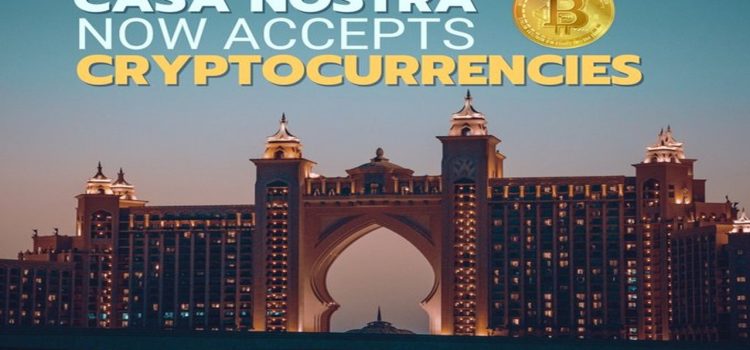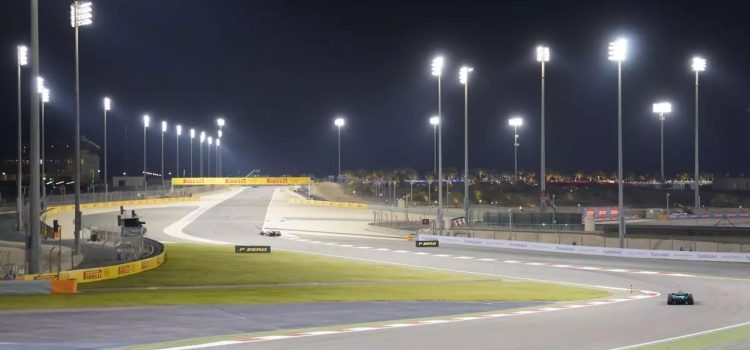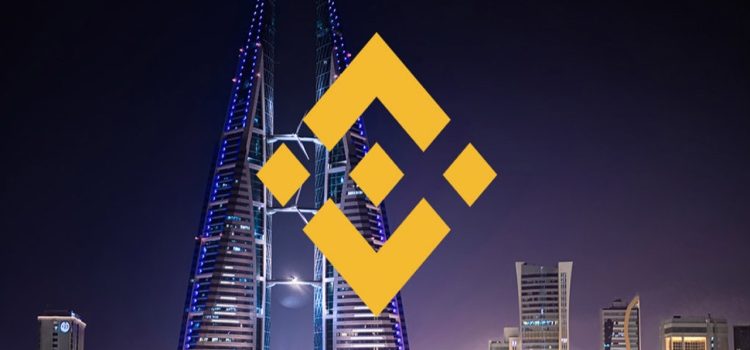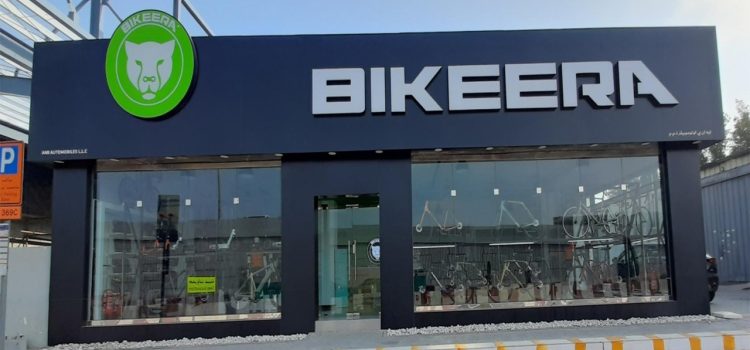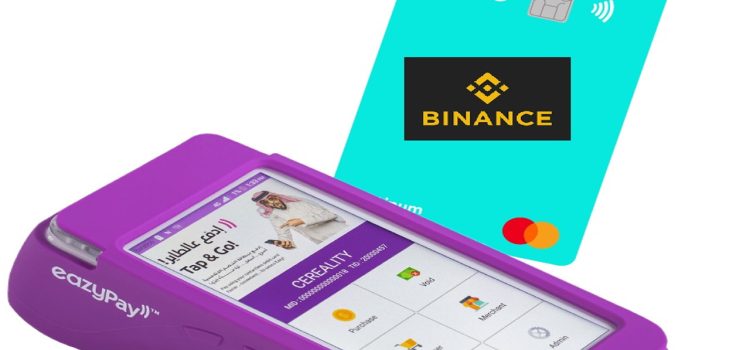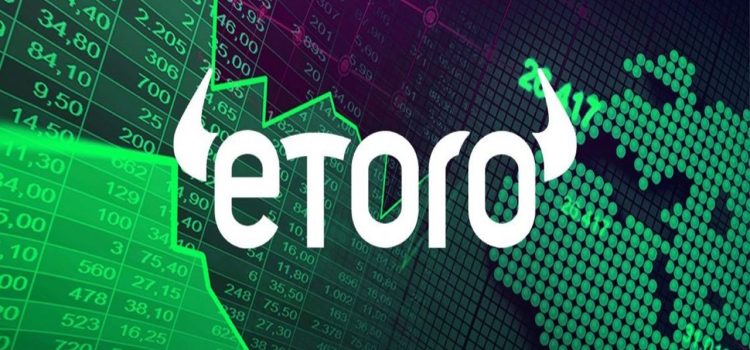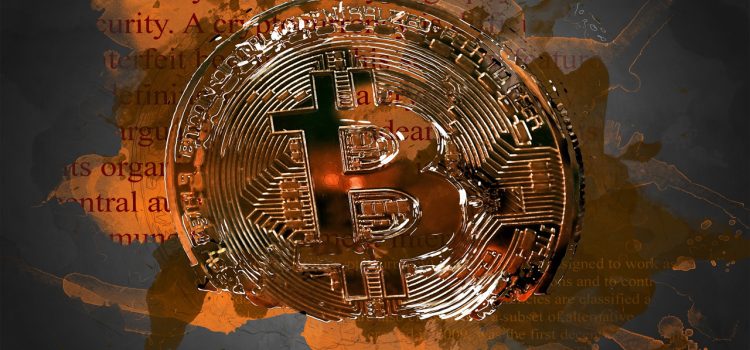Crypto mining is an integral part of the development of crypto economies. As the MENA region opens up its economy to digitization and crypto-related activities and as the world is challenged by an ongoing energy crisis, MENA is probing to become an attractive destination for crypto mining.
While the biggest crypto mining markets are currently in the USA, China, Kazakhstan and Canada, the energy crisis and the crypto bear market could help the GCC become a leading crypto mining hub.
Mohamed El Masri, founder and CEO of Permianchain, which operates Bitcoin mining data centers in Canada using wasted energy, states, “The adoption and implementation of blockchain data center infrastructure can support the digital stability and financial security of the GCC region. Hypothetically, the GCC has the opportunity to attract close to $1.0 trillion in economic growth by laying the groundwork for powering the digital economy.”
El Masri confirms the main challenge is calling out the financial regulators, mainly in the financial free zones, to stop taking the “enforceability approach” and take a “regulate-first approach.”
Nonrenewable resources to boost mining
El Masri also mentions that given that the GCC is an oil and gas-rich region, there is an abundance of natural gas energy being wasted each day. Notably, such gas energy supports the implementation and commissioning of low-cost power plants to attract bitcoin mining companies from all over the world to set up in the region.
According to him, this will allow the region to become a leader in providing field-generated electricity “to power the future digital economy all while reducing emissions and decarbonizing the GCC’s oil and gas sector.”
The World Bank has reported that the MENA region accounted for 40% of the world’s flaring, with Iran, Iraq and Algeria generating 75% of MENA’s flaring. Meanwhile, Saudi Arabia, Kuwait, UAE and Qatar have low flaring intensity.
Adopting new technologies
Munaf Ali, founder and CEO of UAE-based Phoenix Group, involved in crypto mining equipment sales and projects, believes MENA is fast moving toward crypto and blockchain adoption.
“The Middle East is fast helping the global diversification of jurisdictions which are friendly to operate in,” Ali states. “This goes for countries where crypto firms can set up, whether they are crypto exchanges or mining operations.”
Ali confirms that GCC governments have started to address this by recognizing these new business activities and are issuing licenses to crypto market participants.
The Phoenix CEO espoused other benefits, including job creation, the development of a green renewable energy industry, and the generation of crypto/USD for circulation inside the local economy which in turn boosts economic activity.
Growing interest in mining
UAE investment firms have also shown interest in crypto mining investments. Nabyl Al Maskari, executive chairman of Al Maskari Holding, in a panel discussion during the Security Token Summit in June 2022, noted that there will be significant crypto mining investments happening in the UAE.
“We will have significant crypto-mining investments because the UAE is a low-cost energy producer,” Al Maskari certifies. “We are in the solar belt and have nuclear power with two reactors online. We can as such mine green Bitcoin or other tokens that come out.”
During Binance Week 2022, Khalifa AlJaziri, AlShehhi, Commercial Affairs Regulatory Sector Projects advisor at the Ministry of Economy in UAE, claimed that the Dubai World Trade Center Authority (DWTCA) would be legislating the crypto mining sector. He stated, “We are setting the guidelines and rules needed to regulate crypto mining within this crypto framework.
The UAE is not the only country that has shown interest in crypto mining. Oman Investment Authority (OIA) took part in a $350mn equity round in Crusoe Energy Systems. The US firm helps oil and gas producers cut flaring by using stranded natural gas to power cryptocurrency mining. Crusoe systems set up operations in Oman as well.
Pierre Samaties, global head of Crypto Economy and Energy, reaffirmed that Bitcoin mining in the region is growing.
“Given we have a huge difference between the summer load curve and the winter load curve, Bitcoin mining helps to support renewable energy investments to increase utilization of the asset by using it during downtimes for Bitcoin mining,” Samaties says. The executive says this helps to balance the energy system.
Samaties also affirms that Bitcoin mining is seen as a strategic asset, a cornerstone for building a crypto economy in the region.
For those who would like to read or share this article in arabic it is also on Cointelegraph MENA









